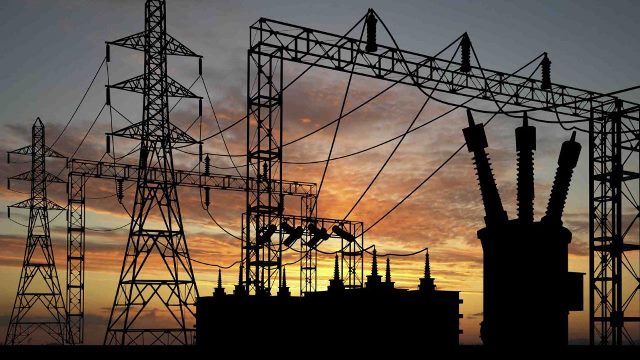The Nigerian Bulk Electricity Trading Plc (NBET) has recommended additional N600 billion under the ‘Payment Assurance Guarantee (PAG)’ for the power generation companies (Gencos).
PAG was first set up in 2017 by the NBET to, among other objectives, mitigate the financial constraints of the Gencos, who as a result of the poor remittances from power distribution companies (Discos), do not get enough money for power they generate.
The initial fund worth N701 billion, covered the Gencos’ revenue shortfalls between 2017 and end of 2018.
However, reliable sources within the power ministry, NBET, Nigerian Electricity Regulatory Commission (NERC) and industry operators told THISDAY that a N600 billion extension package may have been worked out and approved by the government, to continue the scheme and keep Gencos and gas suppliers running.
These sources, however, explained the Central Bank of Nigeria (CBN), which provided the first N701 billion package to the NBET on terms that included the bulk trader repaying the loan in 10 years, would also disclose the terms for the new package.
THISDAY gathered that NBET recommended an extension of the package to the federal government in its appraisal of the first PAG late in 2018.
Speaking with THISDAY, the Gencos through their umbrella body – Association of Power Generating Companies (APGC), said they were yet to be informed of the new funding window.
They also noted that such funding would be another palliative to the financially-distressed Nigeria’s power sector.
“As far as we are concerned, it’s a rumour until we receive a formal notification,” said the Executive Secretary of APGC, Dr. Joy Ogaji.
Ogaji, further stated: “Relative to how we feel as Gencos, these are palliatives to the symptomatic decadence of the sector. Until the government decides to move from palliatives to cure, we will continue in this unending and incomprehensive dance.”
Meanwhile, Nigeria’s electricity generation capacity has continued to wobble with the average volume of power generated into the grid in seven days – between June 5 and 11, almost at per with the volume that was not generated due to multiple constraints.
Records from the Advisory Power Team in the Office of the Vice President, Prof. Yemi Osinbajo, indicated that between these periods, the country’s average daily power supply was 3,483 megawatts (MW), while constrained volume was 3,031MW, resulting to a financial loss of N10.184 billion.
It explained the highest generation volume for the period was 3778.84MW generated on June 5, while the lowest was 3166.65MW on June 6. Similarly, the country had the highest volume of constrained electricity for this period on June 6 when 4161.7MW could not be generated and the lowest of 2794.5MW unavailable on June 10. Gas supply, water management, transmission and distribution constraints were reportedly responsible for this.
So far in 2019, Osinbajo’s office quantified that about N245.998 billion worth of revenue has been lost by the power sector on account of these constraints.
Source: THISDAY











